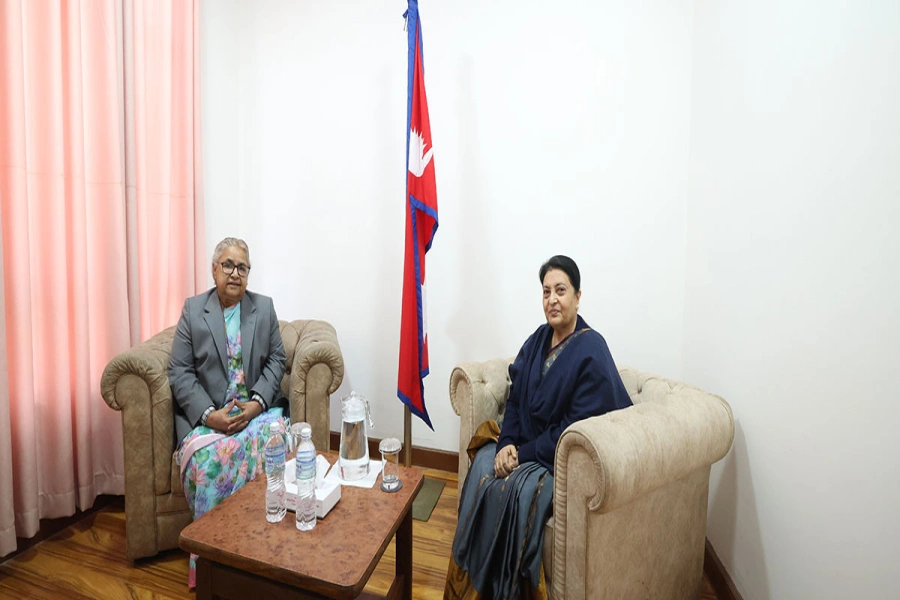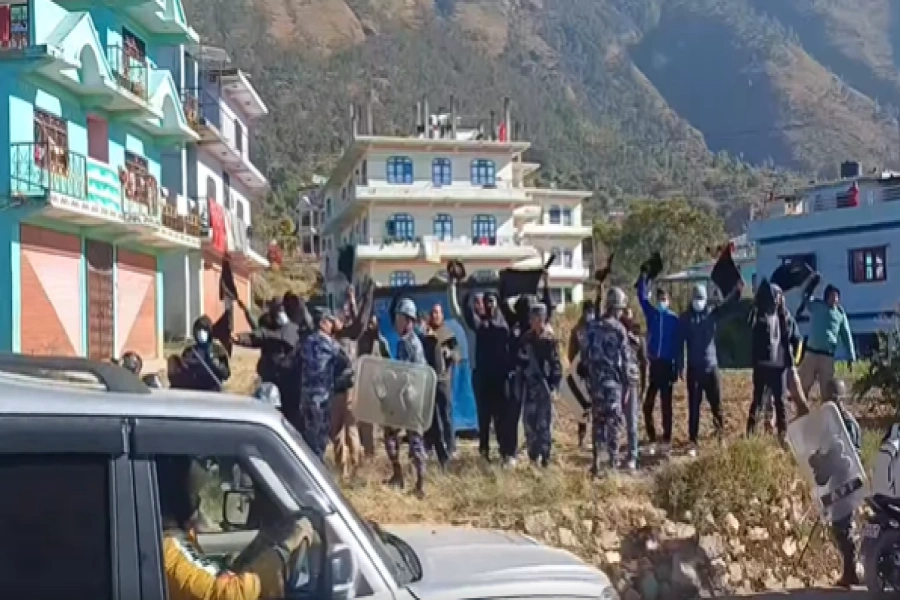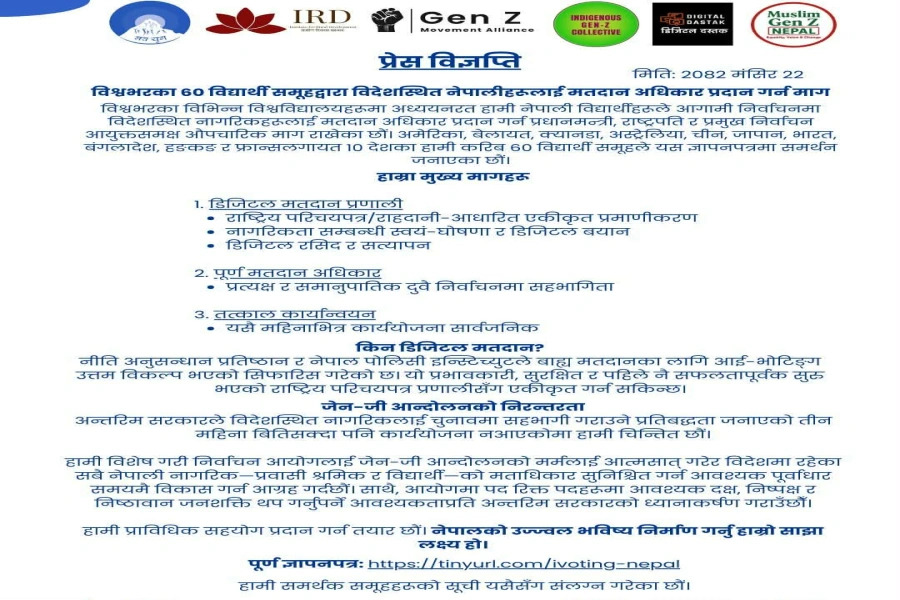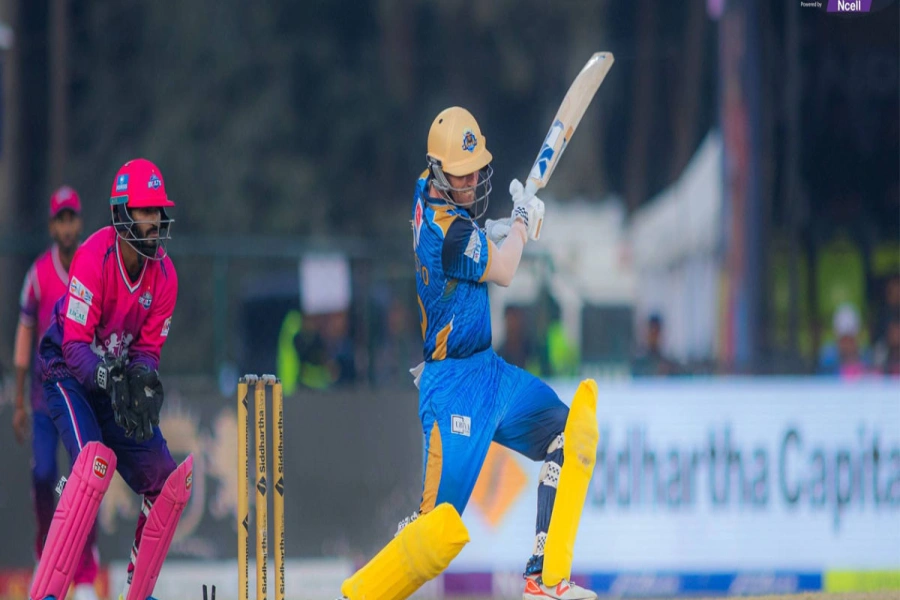KATHMANDU, May 22: While the government has turned lenient on the side of the industrialists regarding the issue of the dues of dedicated feeder and trunk lines, the Nepal Electricity Authority (NEA) is unsatisfied with the government’s decision.
Last week, a cabinet meeting decided to implement the report of the inquiry committee formed to investigate the controversial tariff dispute. The government on January 9 formed the committee under the leadership of former Supreme Court Justice Girish Chandra Lal with joint secretaries of the Ministry of Energy, Water Resources and Irrigation (MoEWRI) and the Ministry of Industry, Commerce and Supplies (MoICS) as members.
On May 5, the committee submitted its report to the government. The committee has recommended the government not to take premium charges of the dedicated feeders and trunk lines from the industrialists for the first six months during mid-July, 2015 and mid-January, 2016. Likewise, the inquiry report also talks about waiving the premium charges of the period beyond June 2018, when the government declared the end of the loadshedding in the country. Manufacturers have long been expressing their dissatisfaction citing the NEA’s attempt to take premium charges of these time periods too.
NEA asks firms to clear dues for use of dedicated feeders, trun...

Citing power outage issues, the NEA, in 2015, enforced the rule to impose additional fees on industries that consume lots of energy. Earlier, the NEA had been charging 65 percent as premium charge for the users of dedicated and trunk lines, which later on reduced to 15 percent on top of the normal tariff.
Under the dedicated feeder service, a factory that needs high voltage lines is permitted to receive direct electricity from a nearby substation, while those using trunk lines can receive regular electricity through two substations. In June 2015, a board meeting of the NEA had set the premium charges for factories using electricity through dedicated feeders from August that year.
Manufacturers, however, have been denying paying the dues on the dedicated feeders and trunk lines. They have blamed the NEA for slapping the premium charge of period even after the load shedding was declared officially over.
The committee has suggested the state-owned power utility take premium charges of electricity used during the period of February 2016 and April 2018. However, it has recommended charging a special fee based on the consumption amount recorded by the Times of the Day (TOD) meter.
Kulman Ghising, managing director of the NEA, however expressed his discontent over the committee’s report. “The report will not help give a long-term solution to resolve the issue,” Ghising said.
According to the NEA officials, there is no proper mechanism to issue billing of electricity use on a daily basis. “There could be a practical problem like if the NEA had provided premium electricity supply for the whole day, while the firms had shut their businesses for a few hours,” said Ghising, adding that they have been waiting for the clear guidance from the government to put the official comment over the issue.





































